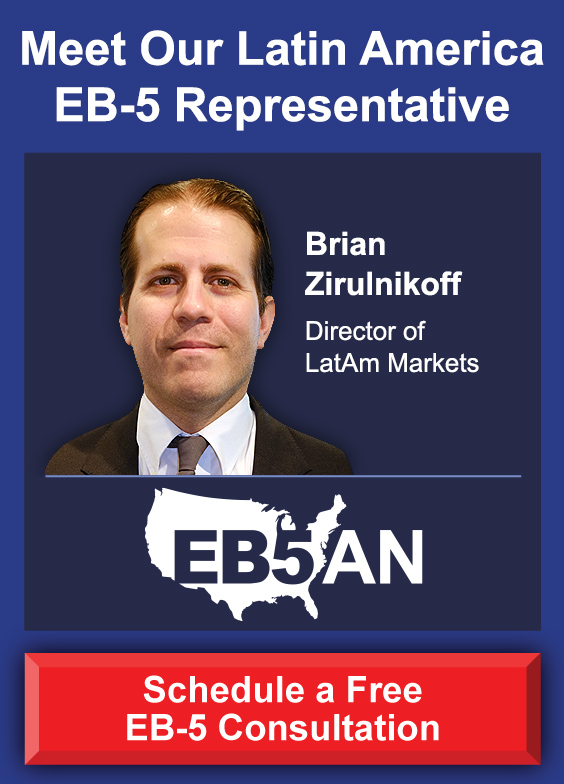
Turkey is traditionally known as the bridge between Europe and Asia, and this is true – both geographically and economically. Today, the immigration and investment landscape in Turkey is a two-way street, as it remains an attractive destination for investors and tourists, and at the same time is among the countries experiencing high rates of “brain drain” due to outbound immigration. Recent political instability, the perception of a stricter government, and doubts about what the future holds for the next generation are among the negative factors driving a considerable portion of the population to explore opportunities to migrate and grow their families elsewhere. At the same time, opportunities for education, employment, and property acquisition abroad are key factors that attract Turks to seek alternative futures in other countries, with European countries being the traditionally and culturally preferred option.
Immigration Trends in Turkey
Similar to Middle Eastern investment immigration markets, many Turks view investment immigration not as a planned migration option but as an escape hatch to be accessed if the political environment worsens or Middle Eastern unrest significantly affects their daily lives. “Golden visa” programs in Portugal, Spain, Greece, and Malta have been particularly popular, as these programs do not require the immigrant investor to move and begin the residency upon approval. Another attractive path for outbound immigration has been through the 1973 Turkish European Community Association Agreement Visa, governed by the 1963 Ankara Agreement, which, among other rights, allows Turkish citizens to incorporate and run their own businesses and obtain residency permits in the United Kingdom. Given Turkish nationals’ unique immigration drivers, EB-5 visas and emigrating to the United States were foreign concepts to most of them, which is reflected in the small number of I-526 petitions filed by Turkish nationals in the years leading up to 2016.
Today’s millennial generation in Eastern Europe and the Middle East, however, grew up with strong American cultural influences and are more interested in sending their children to school or to pursue employment in the U.S. that the generations before. For Turks wanting to spend limited amounts of time in the United States, B-1/B-2 visitor visas remain an option, and the slow processing times for visa issuance following the October 2017 diplomatic dispute at the U.S. Embassy in Istanbul are resolving. H1-B, E-2, L-1, O-1, and other EB categories are also valid and widely used options, leaving EB-5—as it should be—as the option of last resort when all other avenues have been exhausted.
Turkish Investor Profile and Source of Funds
Looking for investments in Turkey is, in the world of EB-5, a newer market. There is no “typical” EB-5 investor anywhere in the world, and that is the case for Turkey as well. The Turkish investor is often very well educated (many having received their higher education in the United States, United Kingdom, or continental Europe), a white-collar professional, the owner of a small to mid-size business, or a graduate student from a wealthy family. Unlike India or China, Turkey has not experienced rapidly increasing real estate values and thus does not have a large “property millionaire” class. Nor does Turkey have outbound remittance restrictions to complicate the path of funds (although banks typically ask for a copy of the subscription agreement as proof of the underlying investment). And Turkey is not on the Treasury Department’s Office of Foreign Asset Control list of sanctioned countries, so escrow transactions are typically not an issue.
A common source-of-funds challenge for Turkish investors occurs when the investor uses funds from the sale of a long-held property, where title deed documents and tax records do not match the actual sales amount—an irregular practice that was endemic in Turkey until the last decade. Another recurring issue pertains to taxes. Turkey and the United States reached an agreement in 1996 to prevent double taxation, but wealthy Turks still prefer to shelter their Turkish assets from the U.S. tax system. It is therefore advisable at the outset to consult with a qualified overseas or inbound tax consultant, wealth manager, or law firm with a solid U.S.–Turkey tax practice to address such questions.
Conversion and Preference in Projects
The process of converting a prospective investor in Turkey to an actual investor is typically slow, and culturally it is not uncommon for a prospective investor to require many visits and due diligence calls, adding up to somewhere between two to six months to close. As is often the case with investors from India, the Middle East, and Europe, Turkish investors ask questions that are very technical and that require attention from the underwriting team of the regional center and/or the developer to explain the mechanics behind the offering documents.
Turkish investors are much more familiar with the coastal U.S. cities than the heartland; New York City, San Francisco, Los Angeles, and Miami are usually the preferred locations for both second home purchases and EB-5 investments. Typically, big developers or sponsors attract investors to review the offering, but they will not invest if they do not understand or approve of the deal structure, regardless of the stakeholders or location of the project. The investment returns are lower on the prospect’s list of EB-5 investment priorities, and secure deals (rather than returns) drive the decision-making process.
Referral Landscape
As there is often a natural transition from home purchase to investment immigration, real estate agencies have a relevant and captive client base, but they do not possess much expertise in emigration nor a thorough understanding of the transactional / or offering documents. Other popular investor referral sources are wealth managers, reputable law firms, and tax advisors, as high-net-worth individuals tend to have more confidence in dealing with such vetted groups. Likewise, many Turkish high-net-worth individuals can speak English, but it is a significant plus for them to be able to converse with sophisticated native Turkish speakers when conducting project due diligence or working through their source-of funds issues.
Given its population and motivating factors, Turkey certainly is an exciting market for EB-5, but successfully accessing it requires a serious investment of both time and resources. In the years to come—contingent upon potential legislative changes, of course—expect Turkey to rapidly climb the ranks of the top 10 EB-5 countries.









